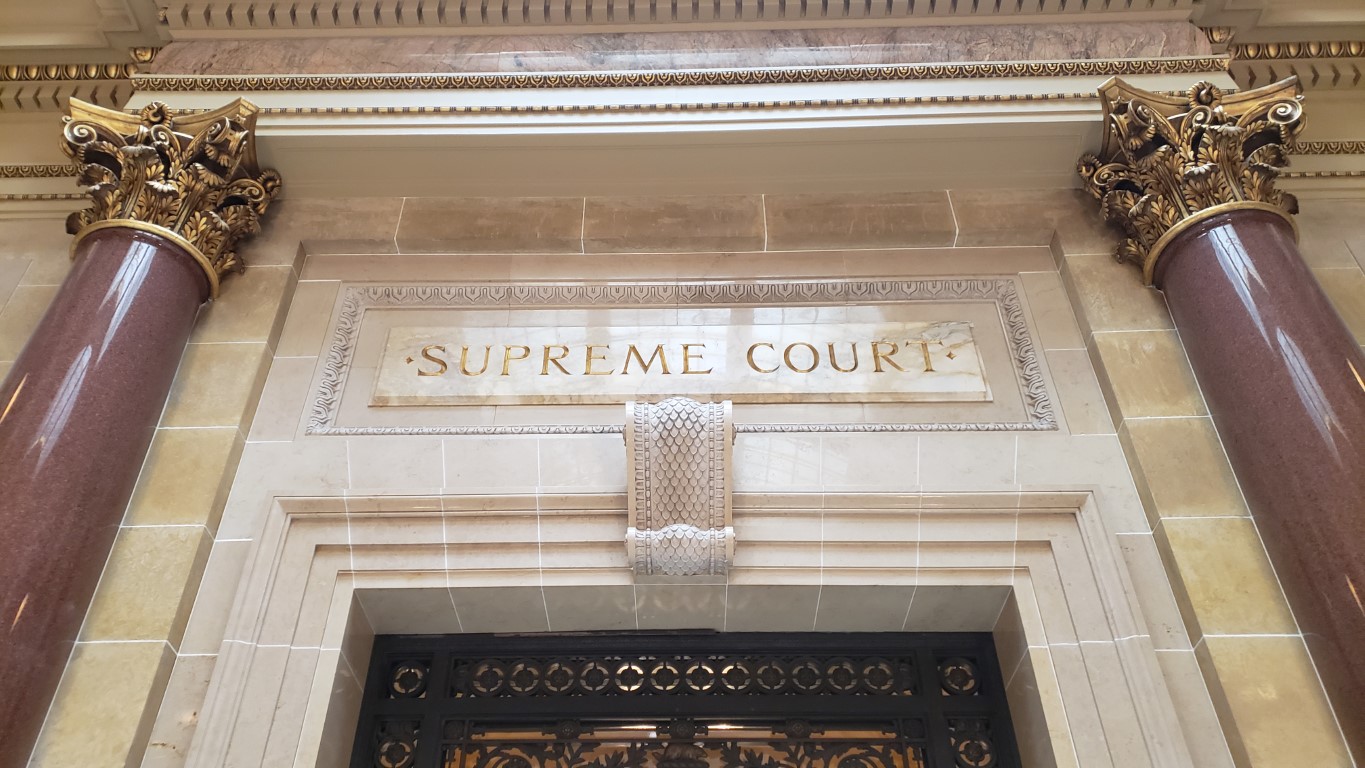The state Supreme Court has agreed to accept amended versions of the maps submitted by Gov. Tony Evers and another set of parties.
But it refused to allow the state's GOP House members to submit an alternative to the first map they proposed, drawing the ire of three conservative justices.
The court's original order in the case limited parties to submitting a single version of maps for the state's ...
Please log in to access subscriber content.
If you don't have a subscription, please contact schmies@wispolitics.com for subscription options on the WisPolitics-State Affairs platform, which is the new home for WisPolitics subscriber products.


